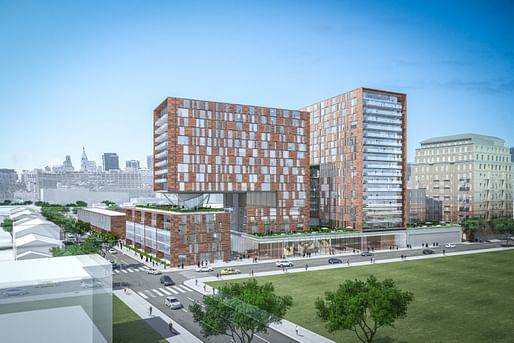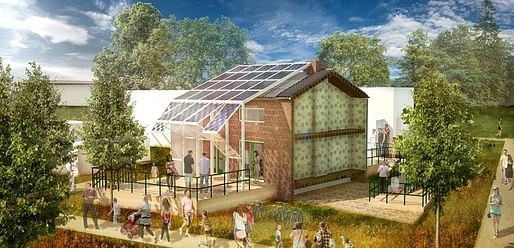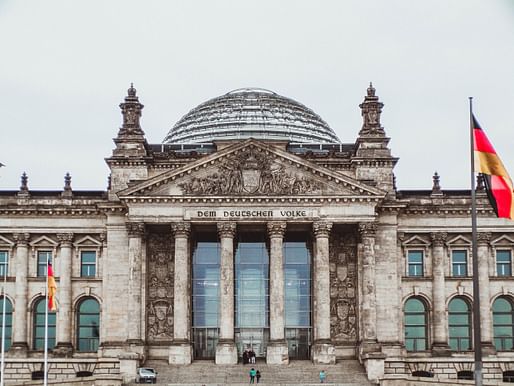
People living in San Francisco may be given the opportunity to vote on a proposal to tax vacant homes in the city. The proposal, filed with city officials this month, seeks to address a chronic shortage of housing in San Francisco by encouraging landlords to either rent or sell vacant units.
Proponents of the so-called Empty Homes Tax believe it could raise more than $38 million annually; half of which would be used to fund rental subsidies for elderly and low-income households, with the other half used by the city to purchase empty buildings and convert them into affordable housing. In addition, proponents say the measure could see 4,500 extra homes made available for occupation over the next two years.

The most recent official study of San Francisco’s housing stock, carried out in 2019, estimated that the city contained over 40,000 vacant homes. According to San Francisco Board of Supervisors member Dean Preston, who has championed the Empty Homes Tax, the measure is targeted specifically at large-scale investors and real estate speculators who he believes are “buying units like they buy stock.”
“They have a business model that involves holding it vacant and reselling it in the future,” Preston told the San Francisco Chronicle. “That doesn’t benefit anyone in the community. It hurts the entire community. Those homes should be filled.”

Crucially, single-family homes and two-unit buildings will be exempt from the tax. Instead, the measure will be applied to the owners of a building containing three or more units when at least one of them has remained unoccupied for more than six months in one year. A vacant home under 1,000 square feet would be charged $2,500 in their first year, and $10,000 in their third year of vacancy; rates which would double for units over 2,000 square feet.
Among other exemptions to the tax would be primary residences and affordable housing projects, while homes vacant because of construction, the death of an owner, or natural disasters will be given more time to occupy the building before incurring the tax.

The move is not unprecedented, either in San Francisco or elsewhere. As the Chronicle notes, voters in the city previously approved a similar tax on vacant storefronts by 68% in March 2020, which came into effect at the beginning of 2022.
The decision to place a dedicated tax on empty housing units has also been taken in cities such as Vancouver and Oakland. While Vancouver’s measure saw a 21% reduction in vacant units in its first year of implementation, Oakland’s tax measure generated $7 million for the city in its first year.
News of the potential tax in San Francisco comes one month after the city unveiled plans for a Herzog & de Meuron-designed hospital clad in terracotta for UCSF. Also in January, we covered the renewed concern surrounding the sinking of the city’s high-rise Millennium Tower.
No Comments
Block this user
Are you sure you want to block this user and hide all related comments throughout the site?
Archinect
This is your first comment on Archinect. Your comment will be visible once approved.